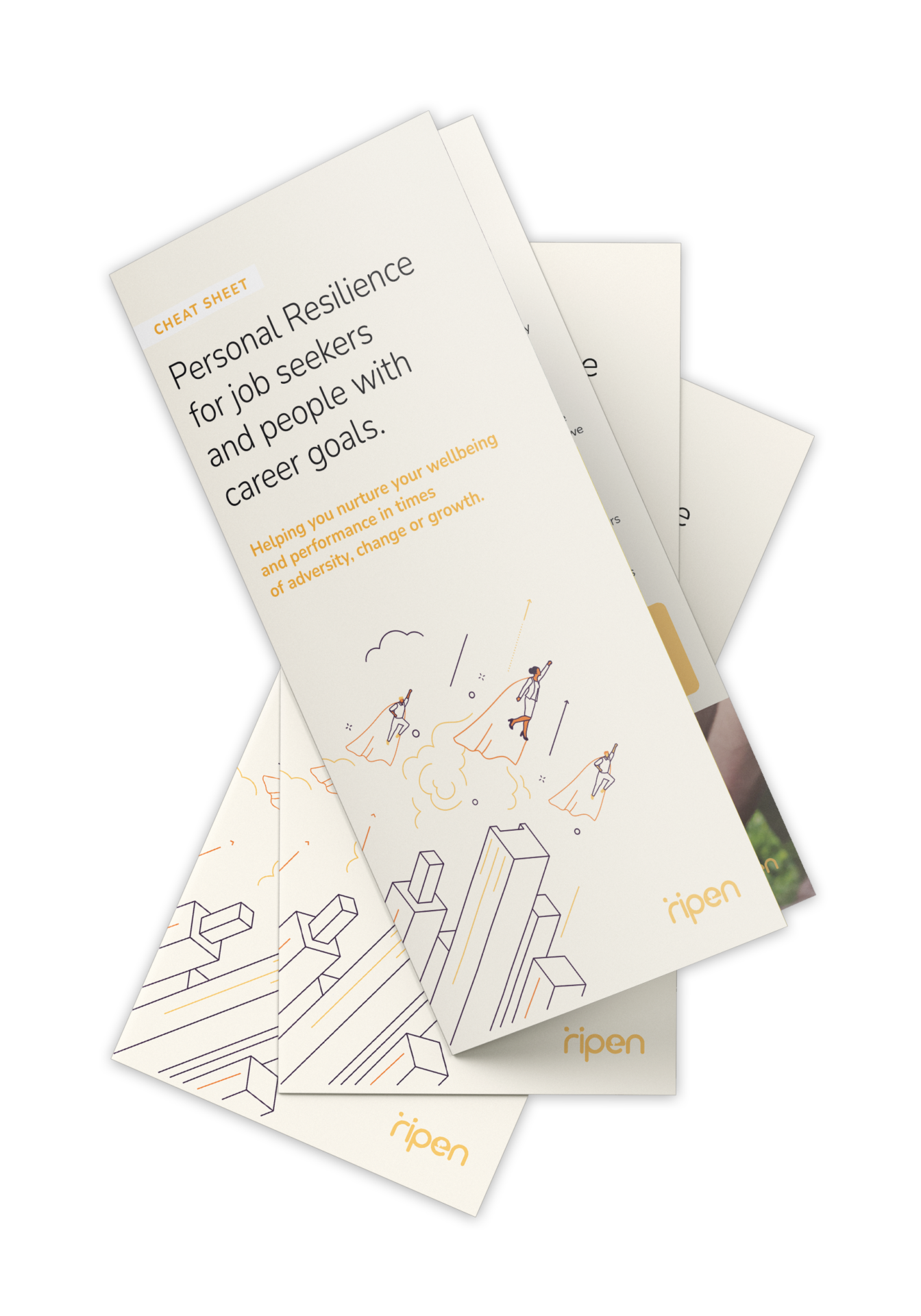Fact 1. You simply can’t take it all in!
Cognitive load is the term used to describe the point at which your brain reaches its full capacity in terms of processing completely new information, before a sizeable mental break is needed. Typically in training or learning workshops there’s lots of new ideas and information being thrown around, and your cognitive load is unique to you. Some people can consume new information for hours on end, others may reach their capacity in less than an hour before needing that mental break. Either way, chances are there are only certain chunks of information that really sank in, and the rest you may remember ‘hearing’ but probably couldn’t do much with. You may have found your mind wandering or drifting off at times, which is typically a sign of your being at full cognitive capacity.
Fact 2. One thing at a time.
For the concepts, skills and tools you do remember or have notes for, learning and behavioural science says it’s best to practice doing one thing at a time, getting really good at it, and then moving onto the next one and repeating the process. Here’s why.
When learning new information we typically go through 4 stages of learning.
Stage 1 of learning is called ‘Unconscious incompetence’. We are at this stage when we are not yet competent at the skill or behaviour but we are not even aware of it! For example, my 15 month old daughter tries to copy me putting my shoes on, she’s rubbish at it but has no idea. We often don’t know what we don’t know, so it takes something to trigger our awareness of the incompetence to move onto stage 2.
Stage 2 of learning is ‘Conscious incompetence’. We are at this stage when a light-bulb goes off in our awareness and we realise or become aware of our incompetence at the skill or behaviour (training is great for these light-bulb aha moments!). Think about the first time you tried to drive a car, or ride a bike, and you realised just how bad you were at it. Practice, practice, practice is the only way to move past stage 2 onto stage 3.
Stage 3 of learning is ‘Conscious competence’. We arrive at this stage after enough practice (and failed attempts) that we become competent at the skill or behaviour, but it still requires conscious mental energy and focus to do it. Just think about the day you first passed your driving test…you could drive, but god damn you had to focus on what you were doing! Mirror….signal….manoeuvre….
Stage 4 of learning is ‘Unconscious competence’. This is the holy grail of learning, also referred to as ‘mastery’ and is only achieved with enough practice that we become so good at the skill or behaviour that we don’t even have to think about it to do it. After years of driving (or riding a bike if you can’t drive a car) we are able to drive from A to B without much conscious effort on the pedals, steering, changing gear, checking mirrors or indicating. Instead we can enjoy the views or ponder life while our automated patterns of thinking take care of the driving. That’s unconscious competence. So is texting while driving, but don’t do that!

